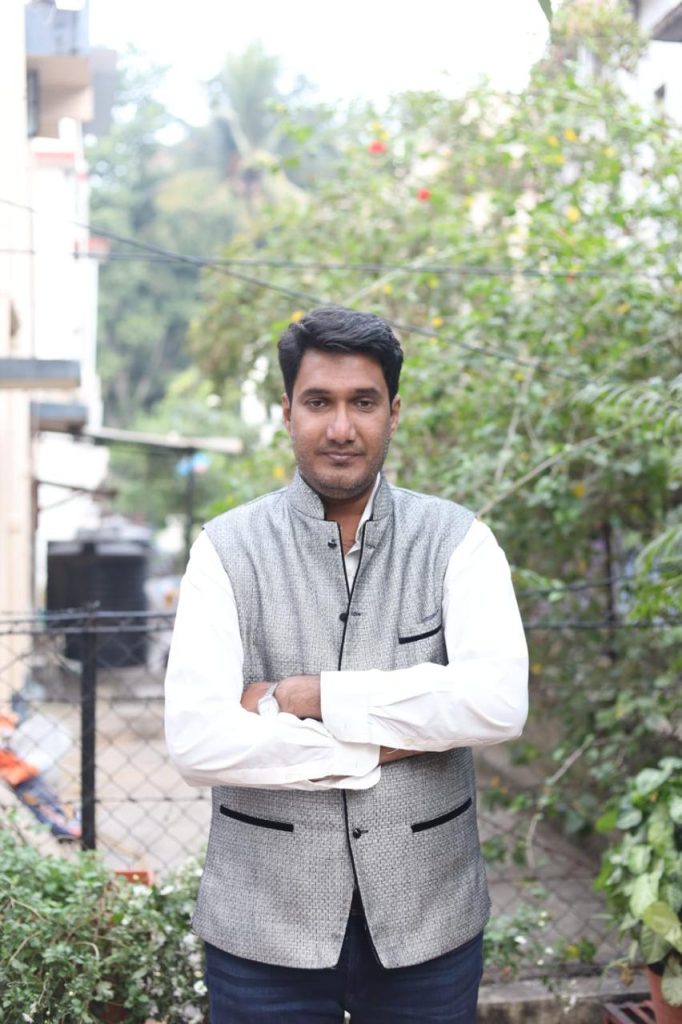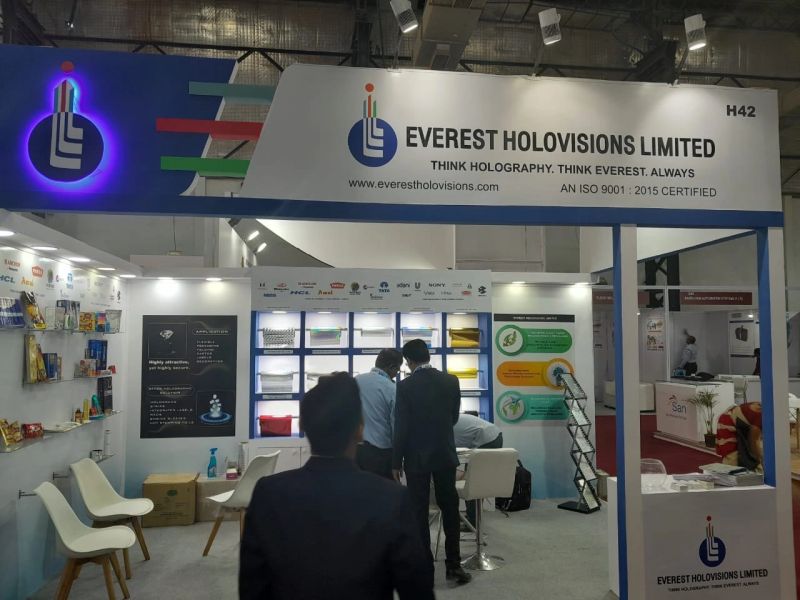Discover the top 10 sustainable fashion startups in India revolutionizing the industry with eco-friendly practices and innovative designs. From upcycled fashion to organic cotton, these pioneering brands are leading the way towards a more ethical and environmentally responsible future in fashion. Explore their stories, commitments to sustainability, and unique approaches to creating stylish, high-quality garments.
Table of Contents
Sustainable fashion is no longer a niche market; it’s a movement gaining significant momentum globally, and India is at the forefront. With a rich heritage of textile craftsmanship and a growing awareness of environmental issues, several Indian startups are making waves in the sustainable fashion industry. Here’s a look at the top 10 sustainable fashion startups in India that are revolutionizing the industry with their innovative approaches and eco-friendly practices.
1. Upasana
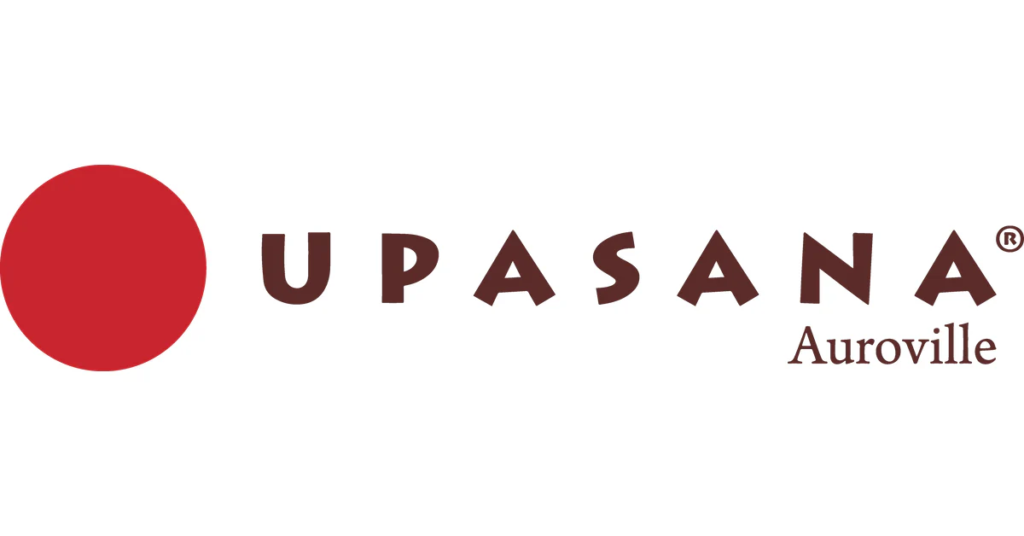
Founded: 1997
Founder: Uma Prajapati
Location: Auroville, Tamil Nadu
Upasana is a pioneer in the Indian sustainable fashion landscape. The brand focuses on creating garments that are not only stylish but also environmentally responsible. Upasana’s projects include Varanasi Weavers, which supports traditional weavers, and Tsunamika, a livelihood initiative for tsunami-affected women. The brand uses organic cotton and natural dyes, ensuring that their production processes have minimal environmental impact.
| Aspect | Details |
|---|---|
| Founded | 1997 |
| Founder | Uma Prajapati |
| Location | Auroville, Tamil Nadu |
| Materials Used | Organic cotton, natural dyes |
| Sustainability Practices | Support for traditional weavers, zero-waste production |
| Unique Projects | Varanasi Weavers, Tsunamika livelihood initiative |
| Product Range | Garments, accessories |
| Website | Upasana |
Read more: Top 10 HealthTech Startups in India
2. No Nasties

Founded: 2011
Founder: Apurva Kothari
Location: Goa
No Nasties is a 100% organic, fair trade fashion brand. It was one of the first in India to emphasize transparency and ethical production. The brand offers a wide range of clothing made from organic cotton, free from pesticides and synthetic fertilizers. No Nasties also focuses on zero-waste production and uses eco-friendly packaging.
| Aspect | Details |
|---|---|
| Founded | 2011 |
| Founder | Apurva Kothari |
| Location | Goa |
| Materials Used | Organic cotton |
| Sustainability Practices | Fair trade, zero-waste production, eco-friendly packaging |
| Unique Features | 100% organic, pesticide-free |
| Product Range | T-shirts, dresses, accessories |
| Website | No Nasties |
Read more: Top 10 Fintech Startups in India
3. Ethicus

Founded: 2009
Founders: Mani and Vijayalakshmi Chinnaswamy
Location: Pollachi, Tamil Nadu
Ethicus stands out with its commitment to sustainable luxury. The brand sources organic cotton directly from local farmers and ensures ethical production practices. Ethicus combines traditional Indian weaving techniques with contemporary designs, creating unique and eco-friendly fashion pieces. Their emphasis on the entire supply chain’s sustainability sets them apart in the market.
| Aspect | Details |
|---|---|
| Founded | 2009 |
| Founders | Mani and Vijayalakshmi Chinnaswamy |
| Location | Pollachi, Tamil Nadu |
| Materials Used | Organic cotton |
| Sustainability Practices | Ethical production, support for local farmers |
| Unique Features | Combines traditional weaving with contemporary designs |
| Product Range | Sarees, dresses, home textiles |
| Website | Ethicus |
Read more: Top 10 Agritech Startups in India
4. Doodlage

Founded: 2012
Founder: Kriti Tula
Location: New Delhi
Doodlage is known for its upcycled fashion. The brand takes fabric waste and converts it into high-fashion clothing. Doodlage’s unique approach reduces landfill waste and promotes recycling in the fashion industry. Their collections are a mix of reclaimed fabrics, patchwork, and bold prints, making sustainability stylish and trendy.
| Aspect | Details |
|---|---|
| Founded | 2012 |
| Founder | Kriti Tula |
| Location | New Delhi |
| Materials Used | Reclaimed fabrics |
| Sustainability Practices | Upcycling, zero-waste production |
| Unique Features | Bold prints, patchwork designs |
| Product Range | Dresses, tops, jackets |
| Website | Doodlage |
Read more: Top 10 CleanTech Startups in India
5. Ka-Sha
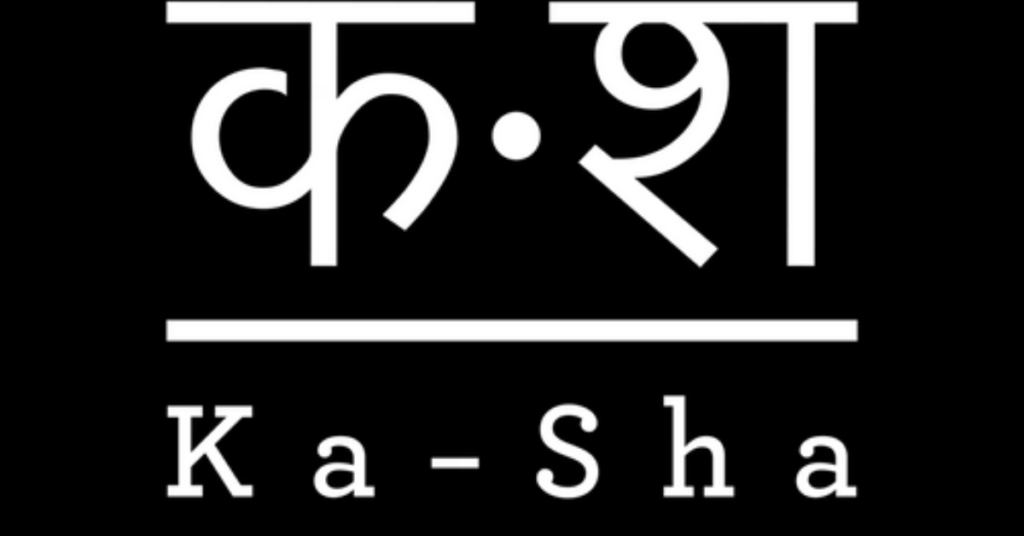
Founded: 2012
Founder: Karishma Shahani Khan
Location: Pune, Maharashtra
Ka-Sha is synonymous with thoughtful fashion that tells stories through its designs. The brand emphasizes using natural and handwoven fabrics, organic dyes, and traditional craft techniques. Ka-Sha’s philosophy revolves around celebrating cultural heritage and sustainability, creating garments that are both beautiful and environmentally friendly.
| Aspect | Details |
|---|---|
| Founded | 2012 |
| Founder | Karishma Shahani Khan |
| Location | Pune, Maharashtra |
| Materials Used | Natural fabrics, organic dyes |
| Sustainability Practices | Use of traditional craft techniques |
| Unique Features | Storytelling through designs |
| Product Range | Dresses, skirts, outerwear |
| Website | Ka-Sha |
Read more: Top 10 InsurTech Startups in India
6. Bhumi

Founded: 2014
Founder: Siddharth Jain
Location: Bangalore, Karnataka
Bhumi is a brand dedicated to creating eco-conscious activewear. The brand uses organic cotton and recycled polyester to make its products. Bhumi’s production process focuses on reducing water usage and minimizing carbon footprints. The brand also ensures fair wages and good working conditions for its workers, making it a truly ethical choice for consumers.
| Aspect | Details |
|---|---|
| Founded | 2014 |
| Founder | Siddharth Jain |
| Location | Bangalore, Karnataka |
| Materials Used | Organic cotton, recycled polyester |
| Sustainability Practices | Reduced water usage, minimized carbon footprint |
| Unique Features | Eco-conscious activewear |
| Product Range | Activewear, loungewear, accessories |
| Website | Bhumi |
Read more: Top 10 LegalTech Startups in India
7. Rimagined

Founded: 2016
Founder: Nidhi Singh
Location: Bangalore, Karnataka
Rimagined focuses on upcycling waste materials into stylish fashion and lifestyle products. The brand collaborates with artisans to create unique pieces from discarded textiles, plastic, and other materials. Rimagined’s approach not only promotes sustainability but also supports local craftsmanship and reduces environmental pollution.
| Aspect | Details |
|---|---|
| Founded | 2016 |
| Founder | Nidhi Singh |
| Location | Bangalore, Karnataka |
| Materials Used | Upcycled textiles, plastic |
| Sustainability Practices | Collaboration with artisans, reduction of waste |
| Unique Features | Upcycling of waste materials |
| Product Range | Clothing, accessories, home decor |
| Website | Rimagined |
Read more: Top 10 GovTech Startups in India
8. Maati by Neha Kabra

Founded: 2017
Founder: Neha Kabra
Location: Udaipur, Rajasthan
Maati by Neha Kabra is a slow fashion brand that emphasizes ethical production and sustainability. The brand uses handloom fabrics, natural dyes, and traditional techniques to create timeless pieces. Maati focuses on small-batch production, ensuring each garment is made with care and attention to detail, minimizing waste and overproduction.
| Aspect | Details |
|---|---|
| Founded | 2017 |
| Founder | Neha Kabra |
| Location | Udaipur, Rajasthan |
| Materials Used | Handloom fabrics, natural dyes |
| Sustainability Practices | Small-batch production, ethical practices |
| Unique Features | Focus on slow fashion |
| Product Range | Dresses, tops, pants |
| Website | Maati by Neha Kabra |
Read more: Top 10 RetailTech Startups in India
9. Crow
Founded: 2011
Founder: Shaila Khubchandani
Location: Mumbai, Maharashtra
Crow is a brand that prides itself on creating minimalist and sustainable clothing. The brand uses organic and handwoven fabrics, emphasizing simplicity and elegance. Crow’s production processes are environmentally friendly, and they work closely with artisans to ensure fair trade practices. The brand’s aesthetic is a blend of contemporary design with traditional craftsmanship.
| Aspect | Details |
|---|---|
| Founded | 2011 |
| Founder | Shaila Khubchandani |
| Location | Mumbai, Maharashtra |
| Materials Used | Organic and handwoven fabrics |
| Sustainability Practices | Minimalist design, fair trade practices |
| Unique Features | Blend of contemporary design and traditional craftsmanship |
| Product Range | Dresses, tunics, outerwear |
| Website | Crow |
Read more: Top 10 PropTech Startups in India
10. Amrapali
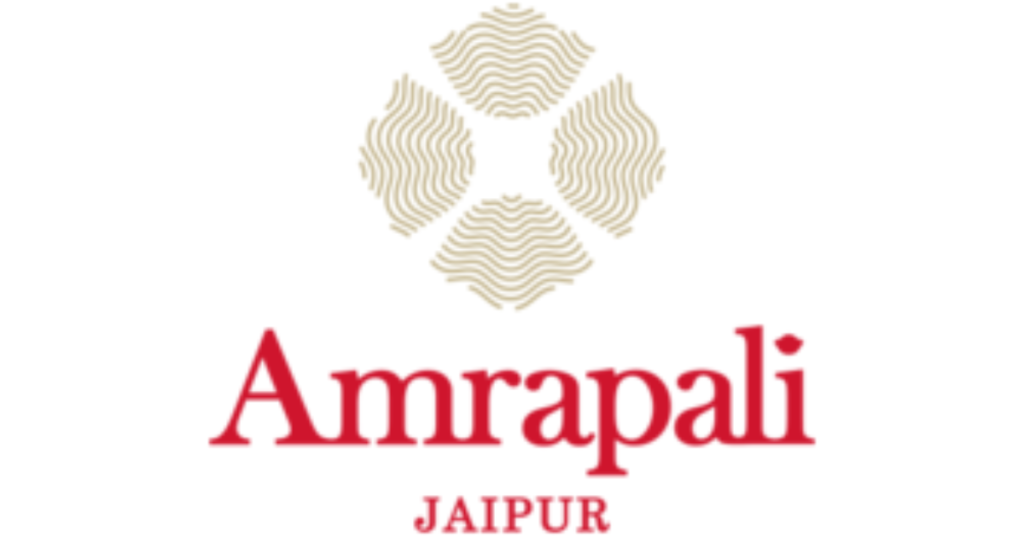
Founded: 1978
Founders: Rajiv Arora and Rajesh Ajmera
Location: Jaipur, Rajasthan
Amrapali, though primarily known for its jewelry, has ventured into sustainable fashion with its line of eco-friendly apparel. The brand uses organic fabrics and traditional dyeing techniques to create garments that are both beautiful and environmentally responsible. Amrapali’s commitment to sustainability extends to its packaging, which is also eco-friendly.
| Aspect | Details |
|---|---|
| Founded | 1978 |
| Founders | Rajiv Arora and Rajesh Ajmera |
| Location | Jaipur, Rajasthan |
| Materials Used | Organic fabrics |
| Sustainability Practices | Traditional dyeing techniques, eco-friendly packaging |
| Unique Features | Expansion from jewelry to sustainable fashion |
| Product Range | Garments, accessories |
| Website | Amrapali |
Read more: Top 10 FoodTech Startups in India
The Future of Sustainable Fashion in India
The sustainable fashion movement in India is growing, driven by consumer awareness and innovative startups. These startups are setting an example by proving that it is possible to create beautiful, high-quality fashion while being kind to the planet. They are not only changing the way fashion is produced and consumed but also supporting traditional crafts and local communities.
As more consumers begin to prioritize sustainability, the future looks bright for these pioneering brands. The fashion industry in India is poised for a green revolution, with these startups leading the way towards a more sustainable and ethical future. By embracing sustainable practices, these brands are ensuring that fashion can be both stylish and responsible, paving the way for a new era of conscious consumerism.
frequently asked questions (FAQs) related to Top 10 Sustainable Fashion Startups in India
General FAQs about Sustainable Fashion
What is sustainable fashion?
- Sustainable fashion refers to clothing and accessories that are designed, manufactured, distributed, and used in ways that are environmentally friendly and ethically responsible. This includes using eco-friendly materials, minimizing waste, and ensuring fair labor practices.
Why is sustainable fashion important?
- Sustainable fashion helps reduce the environmental impact of the fashion industry, which is one of the largest polluters in the world. It also promotes ethical labor practices, supports local artisans, and encourages consumers to make more conscious purchasing decisions.
What materials are commonly used in sustainable fashion?
- Common materials include organic cotton, recycled polyester, hemp, bamboo, and upcycled fabrics. These materials are chosen for their lower environmental impact compared to conventional fabrics.
How can consumers support sustainable fashion?
- Consumers can support sustainable fashion by purchasing from eco-friendly brands, choosing quality over quantity, buying second-hand clothing, and taking care of their garments to extend their lifespan.
What are some key indicators of a sustainable fashion brand?
- Indicators include transparency in sourcing and production, use of eco-friendly materials, ethical labor practices, zero-waste initiatives, and certifications from recognized sustainability organizations.
FAQs about Specific Sustainable Fashion Startups
Upasana
What makes Upasana unique in the sustainable fashion industry?
- Upasana focuses on projects that support traditional weavers and women affected by natural disasters, using organic cotton and natural dyes in their products.
Where can I buy Upasana products?
- You can purchase Upasana products from their official website.
No Nasties
What does it mean that No Nasties is 100% organic and fair trade?
- No Nasties uses only organic cotton, which is grown without pesticides or synthetic fertilizers, and ensures that all their products are made under fair trade conditions, providing fair wages and good working conditions.
Where can I find No Nasties products?
- No Nasties products are available on their official website.
Ethicus
How does Ethicus support local farmers?
- Ethicus sources organic cotton directly from local farmers, ensuring they receive fair prices and support for sustainable farming practices.
Where can I buy Ethicus products?
- Ethicus products are available on their official website.
Doodlage
What is upcycled fashion, as practiced by Doodlage?
- Upcycled fashion involves creating new garments from reclaimed or discarded fabrics, reducing textile waste and promoting sustainability.
Where can I shop for Doodlage products?
- Doodlage products can be found on their official website.
Ka-Sha
What kind of traditional techniques does Ka-Sha use?
- Ka-Sha incorporates traditional Indian craft techniques, such as handloom weaving and organic dyeing, into their contemporary designs.
Where can I purchase Ka-Sha items?
- Ka-Sha products are available on their official website.
Bhumi
How does Bhumi ensure its activewear is eco-conscious?
- Bhumi uses organic cotton and recycled polyester, and focuses on reducing water usage and carbon emissions in their production processes.
Where can I buy Bhumi products?
- Bhumi products can be purchased from their official website.
Rimagined
What types of waste materials does Rimagined use?
- Rimagined uses a variety of waste materials, including discarded textiles and plastics, to create new fashion and lifestyle products.
Where can I find Rimagined products?
- Rimagined products are available on their official website.
Maati by Neha Kabra
What is slow fashion, as promoted by Maati by Neha Kabra?
- Slow fashion emphasizes creating high-quality, timeless pieces in small batches, focusing on sustainability and ethical production.
Where can I shop for Maati by Neha Kabra products?
- Maati by Neha Kabra products can be found on their official website.
Crow
How does Crow blend contemporary design with traditional craftsmanship?
- Crow uses modern minimalist designs combined with traditional handwoven fabrics and eco-friendly materials.
Where can I purchase Crow products?
- Crow products are available on their official website.
Amrapali
How has Amrapali expanded into sustainable fashion?
- Originally known for its jewelry, Amrapali has expanded into fashion by using organic fabrics and traditional dyeing techniques to create eco-friendly garments.
Where can I find Amrapali fashion products?
- Amrapali fashion products can be found on their official website.
Also, read
Top 10 Edutech Startups in India
Top 10 TravelTech Startups in India
Top 10 Mobility Startups in India
Top 10 FashionTech Startups in India
Top 10 HRtech Startups in India
Top 10 AdTech Startups in India
Top 10 BeautyTech Startups in India
top 10 cybersecurity startups in India

